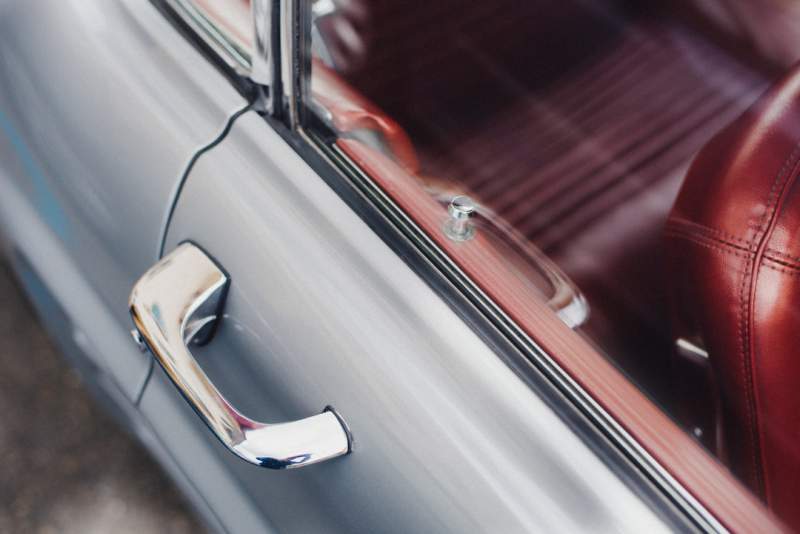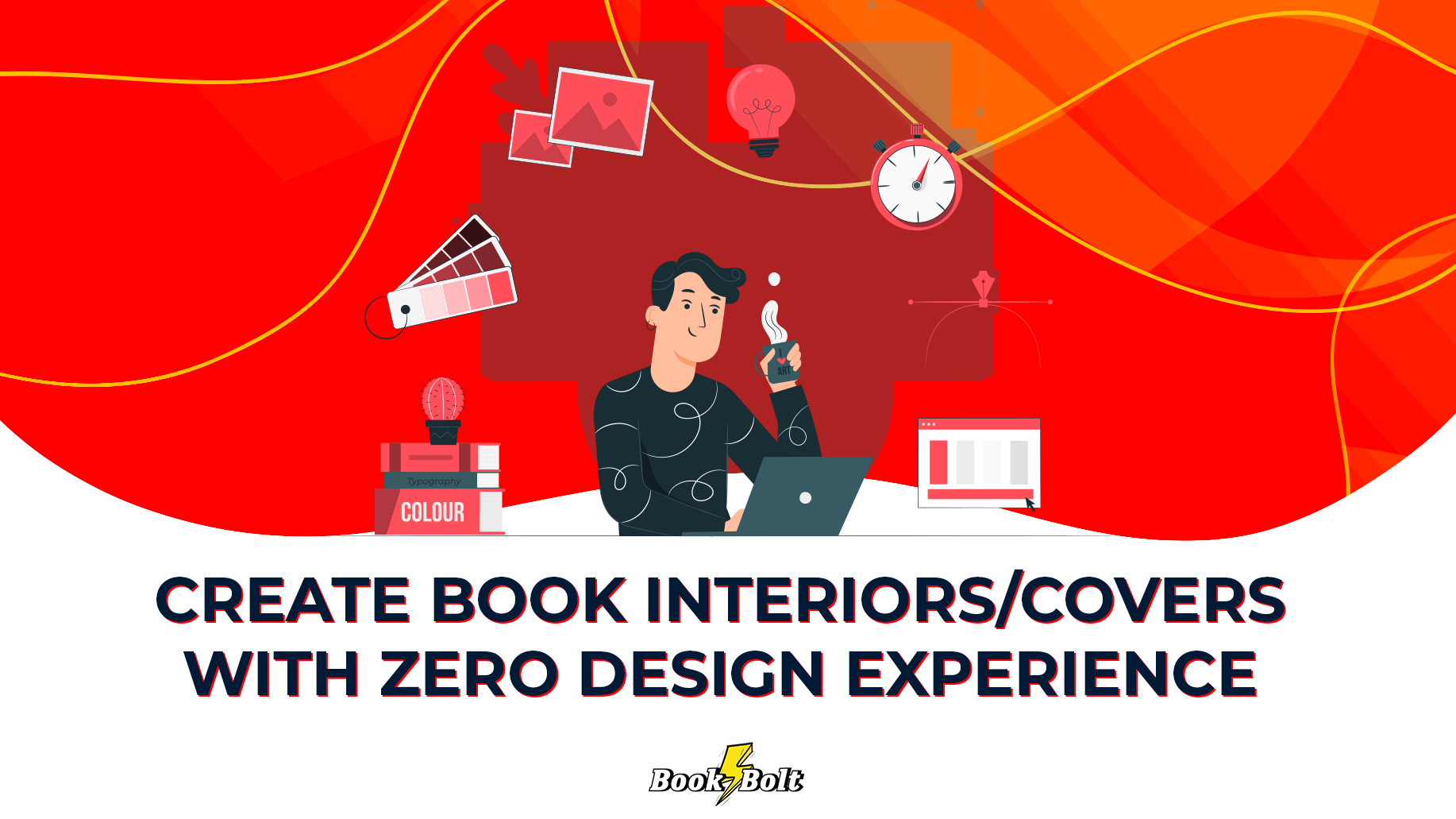

Confession: I Financed My Car (My NEW Car)

One of the cardinal rules of personal finance is that you don’t finance your cars. You save up and pay cash. Another cardinal rule of finances is that you don’t buy new. With my last car (the car I drive now), I broke both of these rules.
And I don’t even feel bad about it. Here’s why:
I Drive My Cars for a Long Time
I drove my last car for almost a decade. Even now, that car is still being used — by my former in-laws. My current car will do its duty for me until I’m ready to let my son have it. He’ll be old enough to drive in two years, but I probably won’t bestow the car upon him until he’s driven for a couple more years after that. I don’t care about depreciation when I drive the car off the lot because I don’t consider the car an asset I plan to re-sell. I consider it a product I’ve bought, and that I’ll use until I give it someone else.
Installment Loan to Help My Credit Report
Now that I don’t have a mortgage to stand in as an installment loan in my credit report, the car loan does the job. While getting debt just to help your credit score isn’t the best plan, it is one reason I’m not sad to have the loan.
Some folks might not be comfortable carrying a car loan since they worry about what happens if a financial emergency strikes and they can’t afford to make a payment one month. If that happens, your car loan could backfire on you, damaging your credit score.
I’m fortunate in that losing half my income wouldn’t impact my ability to make my car loan payment. And, if I suffer an even bigger financial catastrophe, I have more than enough money in my emergency fund to just pay off what I owe and not have to worry about it going forward.
Low Interest = Better Use for My Money Elsewhere
My car loan comes with a 1.9% interest rate. I bought when interest rates were very low. Could I pay off the car loan? Yes. But I don’t. Instead, I put that money to other use.
I can earn a much better rate of return by taking the money I’d put toward paying off my car into an investment account. In fact, one of the reasons I didn’t pay cash for my car was because I didn’t want to take that capital and sink it all into something I don’t even view as an asset. Instead, that money is working for me, and offering me a return that is substantially higher than the 1.9% interest rate I’m paying for my car.
This Plan Isn’t for Everyone
Of course, my car buying style isn’t right for everyone. I’m in a position where I have good credit that allows me to qualify for a low interest rate. On top of that, I have an emergency fund and other assets that I can access in a financial pinch, so it reduces the risk of missing payments. Finally, I’m comfortable with carrying a certain amount of debt if it helps me reach my most important financial goals. Not everyone can sleep at night knowing they have that debt hanging over them.
This plan works for me because I chose a relatively modest car, only financed it because I could get a low rate, and I made sure that I can pay off the car if I have to. On top of that, I don’t plan to sell my car anytime soon. With proper maintenance, my new car (with its warranty) can last a very long time without the need for major repairs and expense.







Haven’t had a car loan in 15 years; now we have 2. Which is scary to us, and I had to go back to work to make the monthly payments. I could totally deplete our emergency fund to pay them off, but that would just be trading one scary scenario for an even scarier one. With 0% and 0.9% interest rates on the loans, I am OK with having them. For now. Goal is to pay off the 5 year loans in half the time.
We, too, don’t care about depreciation or resale, as we drive our vehicles forever. In fact, we paid extra for a 10-year bumper-to-bumper warranty on each vehicle.